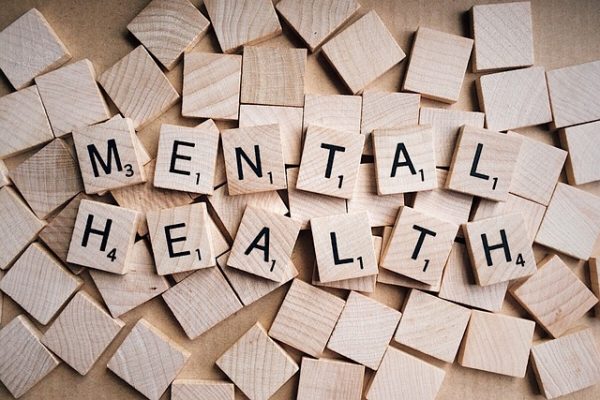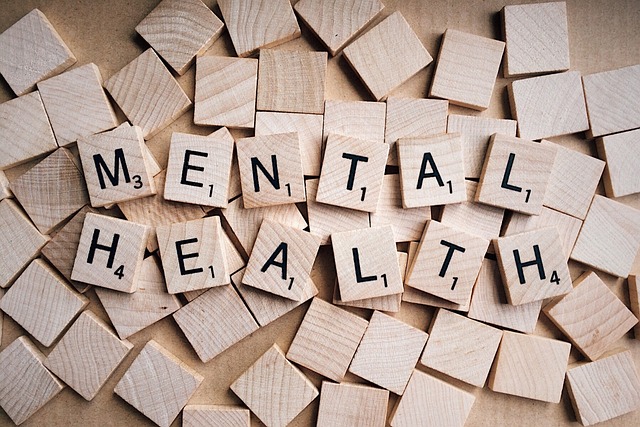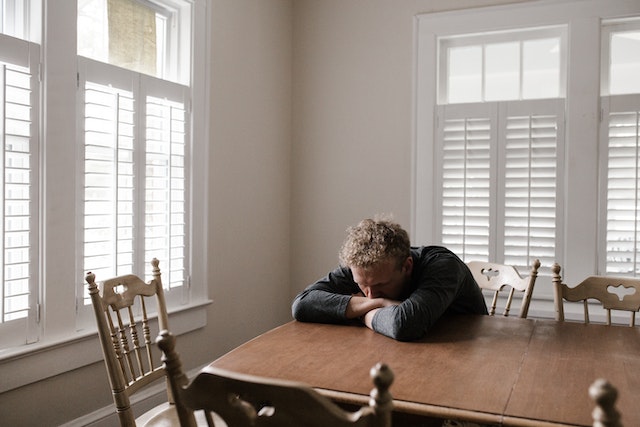What is Stigma?
According to Crocker and colleagues ”Stigmatized individuals possess (or are believed to possess) some attribute, or characteristic, that conveys a social identity that is devalued in a particular social context.’’ Simply, stigma is a way of negative judgement associated with certain characteristics/conditions, develops on a social level and not specific to a person.
When the society adopts a certain image with subtle characteristics, often negative, upon a specific group of individuals it is called a stereotype.
Stigmatization is a complex phenomenon that has political and social influences.
Prevalence of Mental Illness Related Stigma
According to the World health organization, people suffering from mental health illness are often exposed to violations of human rights, stigma and discrimination.
Several studies showed public beliefs towards mental illness to be correlated to drug abuse, prostitution and criminality. Other surveys reported public response to mental illness to be less pity, with a high percentage believing this group doesn’t deserve help. This may have an impact on the right of people with mental illness to enjoy safe housing, healthcare and job opportunities.
The stigma and negative beliefs are not exclusive to the public. Healthcare professionals show some undesirable attitudes towards mental-illness population.
In healthcare sectors, stigma and discrimination could be observed on different levels. On a large scale, mental-illness may receive less investment, lower quality of standards and biased culture. Moving to healthcare individuals, interaction with patients may be influenced by pre-based stereotype thoughts, discriminatory behaviours and negative attitudes. Patients report feelings of devalued, dismissed, and dehumanized by many health professionals.
Healthcare professionals may unconsciously show negative attitudes towards people with mental illness. Excluding them from decision-making, not taking their symptoms seriously, not giving sufficient information about their condition, either physical or mental, and showing paternalistic or demeaning behaviour.
A study that investigated Turkish physiotherapy students beliefs towards people mental-illness using Beliefs towards Mental Illness Scale found moderate positive attitudes. Students who have a relative with mental illness or those who needed psychiatrist/psychotherapist help at some point showed better scores.
The Impact of Stigma on People with Mental Illness
People with mental illness face both the challenge of the disease along with the stereotype and other’s judgmental thoughts. The public stigma is not the only type of stigma these people are dealing with, there is also the self-stigmatization. Self-stigmatization is an obstacle in the way of personal development and can challenge obtaining a good position in personal and professional life.
Higher levels of cortisol and depression were found between stigmatized people. Those who stigmatize have feelings of disgust.
Stigma in healthcare has another dimension. Because mental illness is associated with beliefs of less productivity, healthcare professionals may not seek help when needed and fear judgments from their peers with increased risk of suicide.
From another point of view, some authors reported a positive impact of stigma on people with mental illness. While it could be threatening for some people, others may be energized and motivated further into therapy .
Source & Credits to : Physio Pedia




